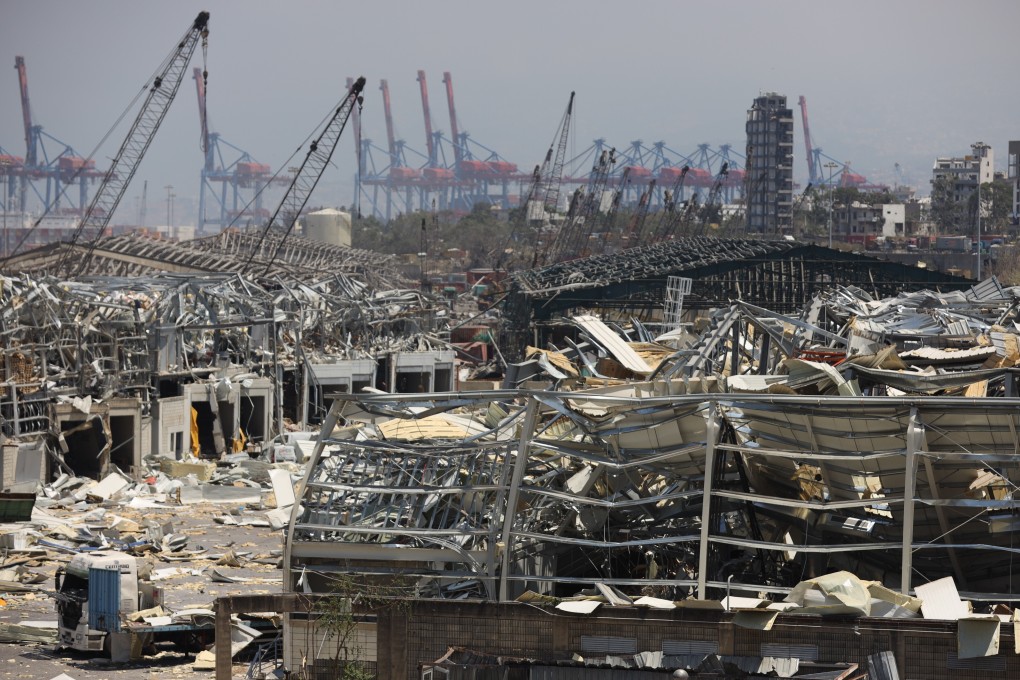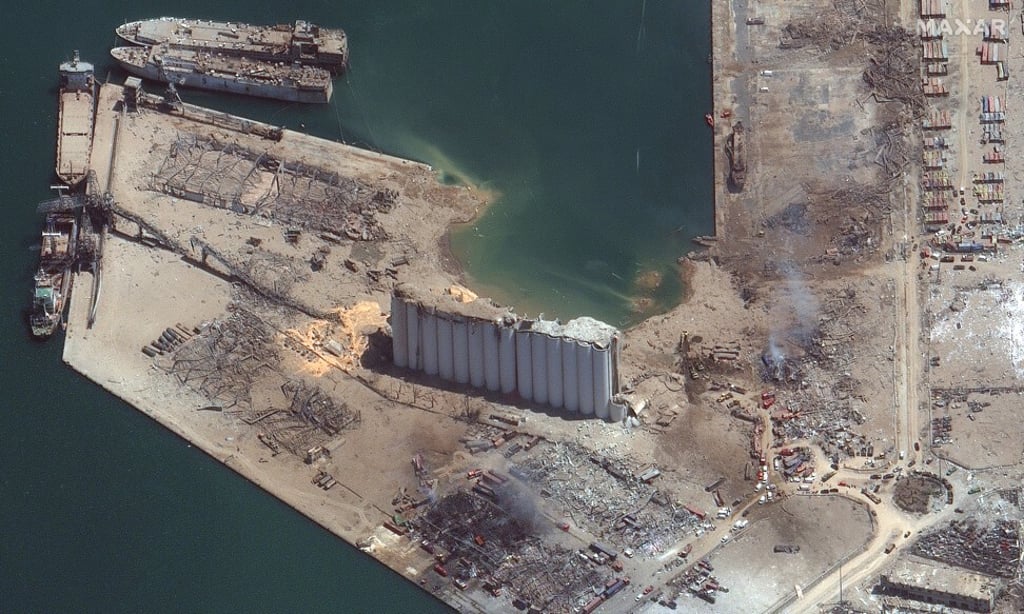Editorial | Beirut disaster another reminder on dangers of explosive materials
- Storing items such as ammonium nitrate close to city centres only invites tragedy, as we saw in Tianjin five years ago and now in Lebanon

The lessons of a terrible industrial disaster in China five years ago this month provide food for thought today. No one could have imagined that history would repeat itself on Tuesday in Beirut, and that if heeded those same lessons might have prevented a human catastrophe.
In both cases fire in a port warehouse area ignited massive explosions of illegally stored combustible ammonium nitrate, an agricultural chemical, flattening the surrounding area and severely damaging adjacent residential buildings.
The Tianjin blasts killed 173 people, including 110 first-responder firefighters and police unaware of the presence of an 800-tonne ammonium nitrate time bomb. Lebanon’s death toll is more than 100 and rising as rescuers reach collapsed buildings.
The Lebanese Red Cross says more than 4,000 were injured, with many in bloodstained clothes queuing at the doors of hospitals already stretched to capacity by the coronavirus pandemic. Estimates of those left homeless have exceeded 200,000.
The blaze from the Tianjin explosions was so big that Japanese meteorological agency satellites caught it on film. Beirut’s cataclysmic and toxic blast was even bigger.
An investigation of the Tianjin disaster resulted in a suspended death sentence for the chairman of the company that owned the warehouse and jail terms for 48 other company employees and local government officials.

